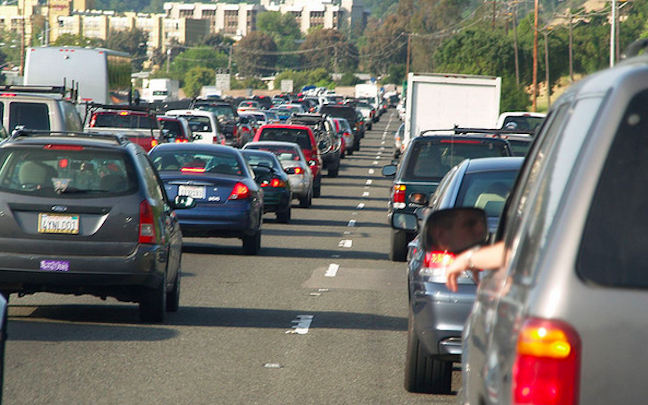California DMV Retracts Notice Requiring Uber & Lyft To Obtain Commercial Licenses
KQED-News reports that the California DMV revoked the advisory that affected ride-share operators such as Uber and Lyft.
According to the retraction, the department says it jumped the gun and shouldn’t have issued the advisory earlier this month.
“Our responsibility is to notify the public of existing state law,” the statement reads. “In response to inquiries, the department issued an alert earlier this month that reflected the definition of a commercial vehicle under a 1935 law. However, there remains uncertainty about the interaction and effect of this law governing vehicle registration requirements with the more recent regulatory and statutory changes affecting ride share operators.”
DMV officials say that additional review and analysis must be done before issuing another advisory. The department will be meeting with regulators and industry to continue working through the issue.
The original advisory, which was released earlier this month, was seen by many as a major threat to ride-share apps such as Uber and Lyft.
“Any passenger vehicle used or maintained for the transportation of persons for hire, compensation or profit is a commercial vehicle,” the DMV wrote in the advisory. “Even occasional use of a vehicle in this manner requires the vehicle to be registered commercially.”
Officials said that drivers in violation of the law could be ticketed, however, they didn’t make it clear whether it would be up to the DMV, California Highway Patrol or local police to enforce the rules.
Ride-sharing companies were quick to denounce the DMV’s memo, saying that commercial registration costs more than personal registration and entails an array of paperwork and in-person DMV appointments.
“Requiring Lyft drivers, including those who drive just a few hours a week, to get commercial plates would essentially treat peer-to-peer transportation the same as a taxi, undermining the thoughtful work done by the CPUC [California Public Utilities Commission] to craft new rules for ride-sharing in California,” Lyft said in a statement.
Uber, Lyft, Sidecar and other services are regulated by the state Public Utilities Commission (PUC).
California DMV Retracts Notice That UberX, Lyft Drivers Need Commercial Plates [KQED-News]
Want more consumer news? Visit our parent organization, Consumer Reports, for the latest on scams, recalls, and other consumer issues.


